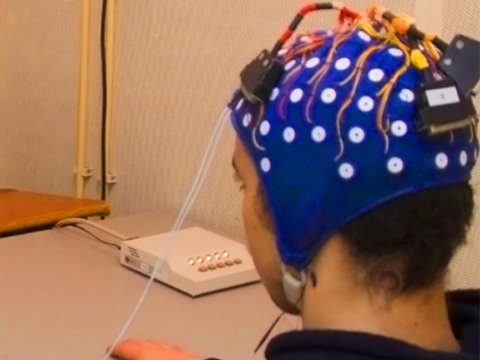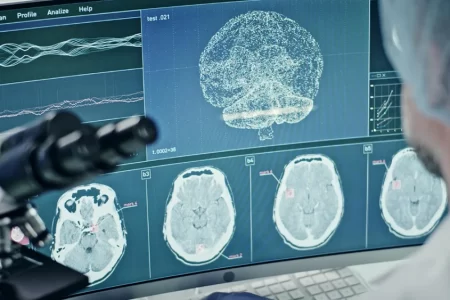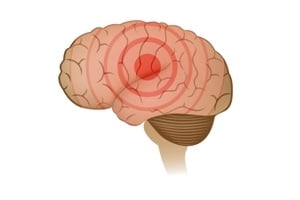Diagnosing Epilepsy
- Updated on: Jul 2, 2024
- 3 min Read
- Published on Feb 21, 2021

Epilepsy Diagnosis
Epilepsy is generally not easy to diagnose quickly. Mostly, it cannot be confirmed until the person experiences more than one seizure. The difficulty in diagnosis is mainly because of the reason that many other conditions show similar symptoms such as migraines and panic attacks. Not all seizures also indicate epilepsy. Sometimes, it can be a non-epilepsy seizure.
If you experience a seizure, you will be referred to a specialist in epilepsy. Generally, a neurologist, who specializes in diseases and conditions that affect your brain and nervous system, is consulted in this case.
Details About Your Seizure or Seizures
Some of the most important pieces of information can be collected from the description you give to your doctor about the seizures.
Your doctor will ask you what you can remember and what you noted just before you experienced the seizure. He may want to know if you had a strange feeling just before it happened. Were there any warning signs? Your doctor may also talk to anyone who witnessed your seizure and ask them exactly what they noted.
Your doctor will also ask questions about your medical and personal history. He will collect information such as any medicines, drugs or alcohol you use. Based on this information, the doctor may be able to make a preliminary diagnosis, but he will require some tests to conduct in order to confirm that it is epilepsy or rule out other possibilities.
However, it is important to know that even if these tests do not show any signs of epilepsy, you may still have epilepsy.
Tests for the Diagnosis of Epilepsy
Your doctor may run one or more of the following tests.

Electroencephalogram (EEG)
An EEG test is used to detect unusual brain activity that may appear with epilepsy. The test measures electrical activity of your brain through a set of electrodes that are placed on your scalp. You may be asked to breathe deeply or close your eyes. You may be asked to look at a flashing light. The flashing light can trigger a seizure and therefore, the test will be stopped immediately if a seizure seems possible.
An EEG may be carried out while the patient is in sleep (called sleep EEG). Sometimes, the patient is given a small, portable EEG recording device to monitor brain activity over a period of 24 hours.
Magnetic Resonance Imaging (MRI) Scan
An MRI scan is uses strong magnetic fields and radio waves to produce images of sections inside your body.
MRI scan can be useful in cases of suspected epilepsy because it can detect possible causes of the epilepsy. It is helpful in detecting conditions such as structural defects in your brain or the presence of a brain tumour.
MRI scans are taken using a machine called an MRI scanner. An MRI scanner is a large tube that contains powerful magnets. A patient is allowed to lie inside the large tube during the scan. The procedure can take about 15-30 minutes.
Blood Tests
Your doctor may request you to provide a blood sample. Blood tests help the doctors identify any possible signs of infections or any genetic condition or other conditions that may be associated with seizures and may want to be ruled out before final diagnosis.
Neuropsychological Tests
In a neuropsychological test, your doctor evaluates your thinking ability, your memory and your audio/speech abilities. This test helps them determine which areas of your brain are influenced by the condition.











